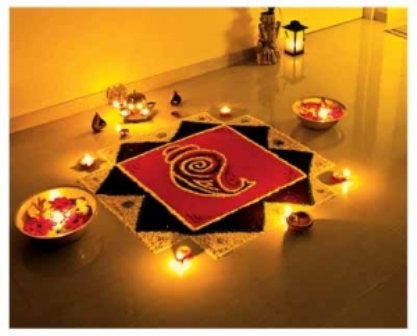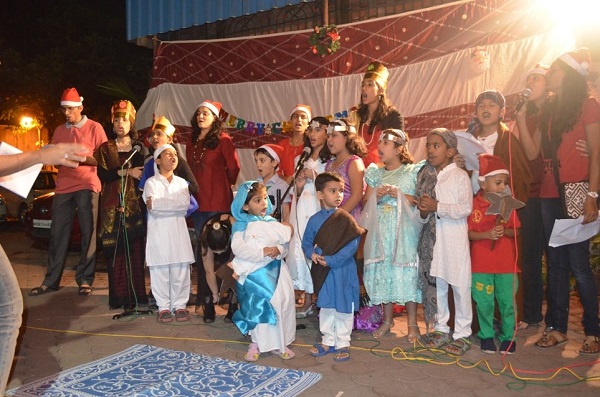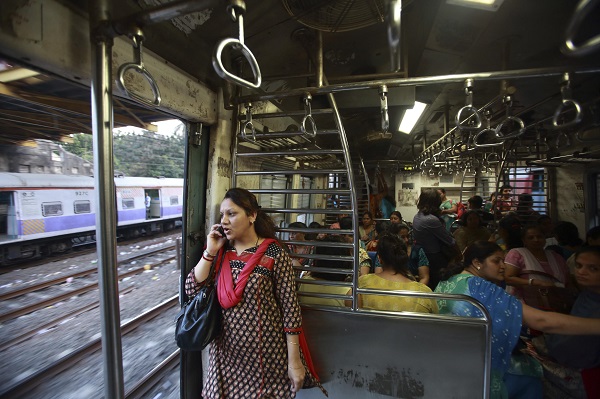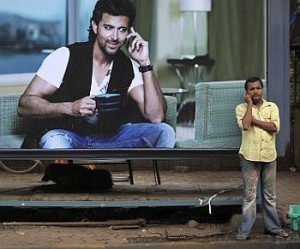A recent trip to Thailand opened this Mumbaikar’s eyes as she introspected on the status of women the world over.
 by Dr Pooja Birwatkar
by Dr Pooja Birwatkar
Travelling to foreign places has really become a fashion trend. Thailand, of all such places, seems to be hot favourite among Indian tourists. Almost all my neighbours, family and associates have been to Thailand. Hearing about its popularity, this year we decided to go there as well. The most appealing factor, of course, was that the Indian rupee is not so low in denomination as compared to their currency, so we wouldn’t spend all our time mentally calculating and converting while shopping!
But the trip to Thailand totally shook me up and made me seriously rethink issues that feminists all over the world have been most vocal about. I was cautioned by few people that Thailand was ‘a naughty place’ and so when I travelled there, that adjective ‘naughty’ was firmly stuck in my head.
Actually landing there and experiencing the place made me reinterpret my own ideas of what constitutes ‘naughtiness’.
The first thing our tour manager, Tuk, told us was to keep our eyes, mind and heart open. She said, “This is Thailand, not India…Everything happens here. See the other side of the world.” I soon understood what she meant. Imagine my shock when I saw young girls moving around with oldies who could pass off as their grandfathers. The night life was rather too bold for me. Not that we Indians are unaware of such acts back home in our country, with numerous stories of bawdy brothels, prostitution and human trafficking doing the rounds in the news and mass media almost every day. But you don’t witness these as openly as you do in Thailand.
I was intrigued by these girls wherever I saw them, on beaches, in hotels, in shopping arcades, on the streets and mostly when travelling in those cute tuk tuks. I shamelessly stared at them and observed them; sometimes I was obvious enough for them to notice and smile cutely at me.
I also noticed that unlike in our country, these girls were not a taboo on their society. They were as much part of the regular local crowd as anyone else. The locals did not treat them differently or  look down upon them. I began to wonder if their work was looked upon respectably here. A little discussion with my tour guide on this made me realise that whatever these girls were doing was not disrespectful in the eyes of the people of Thailand. They were merely doing their work, so what if the work happened to be of a ‘different’ type?
look down upon them. I began to wonder if their work was looked upon respectably here. A little discussion with my tour guide on this made me realise that whatever these girls were doing was not disrespectful in the eyes of the people of Thailand. They were merely doing their work, so what if the work happened to be of a ‘different’ type?
Pondering over my own reservations about their choice of profession, I began to feel a deep respect for these girls as I saw them walk with their head held high. I am sure they must be regular wives, daughters and motheres in their houses and their profession may not way affect that ‘normal’ part of their lives in any way. I gathered that women in Thailand did all types of work and millions were were bread earners of the families. Only I wish there were more dignified professions for them.
I also questioned the entity of women. Are we mere objects of sexual desire or are we actually reduced to being such objects? I remember a few days ago, after a visit to a beauty parlour, my six-year-old son asked, “Why do you go to the parlour and endure so much pain?” He then asked if he would have to go to the parlour too, when he grew up. I told him that boys didn’t need beauty treatments.
His next question was simple: “Why?” And even as I fumbled for an answer, I realised that we women groomed ourselves to look attractive, but nobody placed the expectation of looking good all the time on men (though I know of several men who groom themselves a lot). The larger question is: who exempted men from looking their best at all times? And who said women cannot go about with unmanicured nails, hairy armpits and visible moustaches? What is so unattractive about that? And if we have to blame ‘society’ for these expectations, then aren’t we women a part of this society, too? Why, then, do we accept the idea that women must always look attractive and ‘ladylike’ at all times?
We lament the plight of our women but I find that women are exploited all over the world. My experience in Thailand made me introspect about my own status as a woman and I found that thankfully, till date, my gender has never been a hindrance during any of my life stages, be it school, college, career or even as a citizen. I am proud to say that I owe most of this to my city Mumbai which has largely contributed in making me cherish my gender rather than be struck down by it.
Mumbai definitely scores much above all other cities in India as far as gender issues are concerned. Despite incidents of molestation and rape being reported on a regular basis, I still feel safe in Mumbai. The city doesn’t care much about me being a woman, and I get to enjoy my freedom when I walk on the streets late at night or reach home late from work. I have my own compartment and seats reserved in trains and other public transport. I can have coffee at a coffee joint without being stared at. My workplace does not give me any concessions because of my gender. I see hordes of women every morning stepping out of their homes on the way to their jobs, and they don’t look nervous or scared – on the contrary, their confidence rubs off on newcomers in the city. There are dark sides to Mumbai where one can find Thailand-like scenarios, but still the city lets you be what you want to be. This is a city that belongs to me as much as anyone.
And my heart goes to the millions of women all over the world who are sex workers. I feel their outrage at being commodified, but I feel tremendous respect for them for being courageous and dignified despite their situation.
(Pictures courtesy content.time.com, www.zimbio.com. Images used for representational purpose only)
 by Dr Pooja Birwatkar
by Dr Pooja Birwatkar









